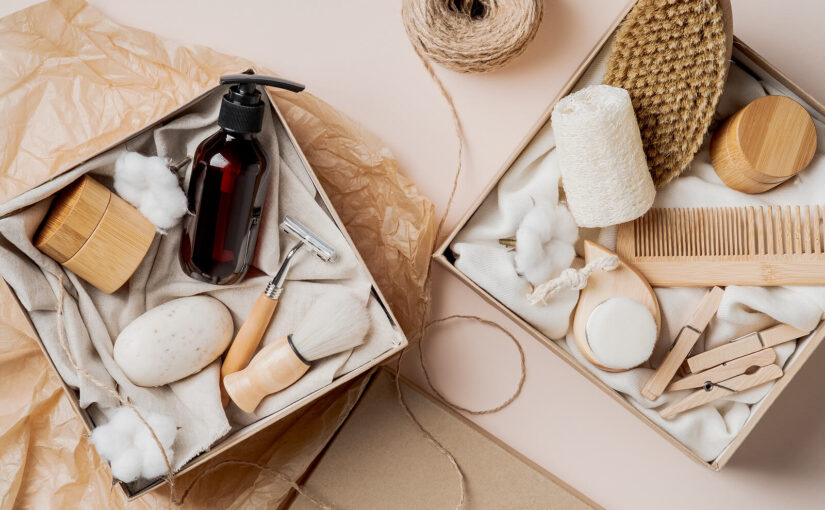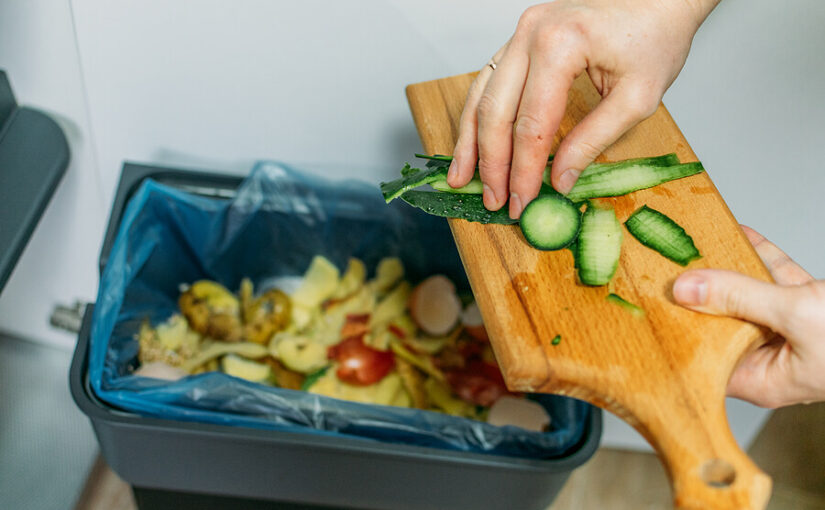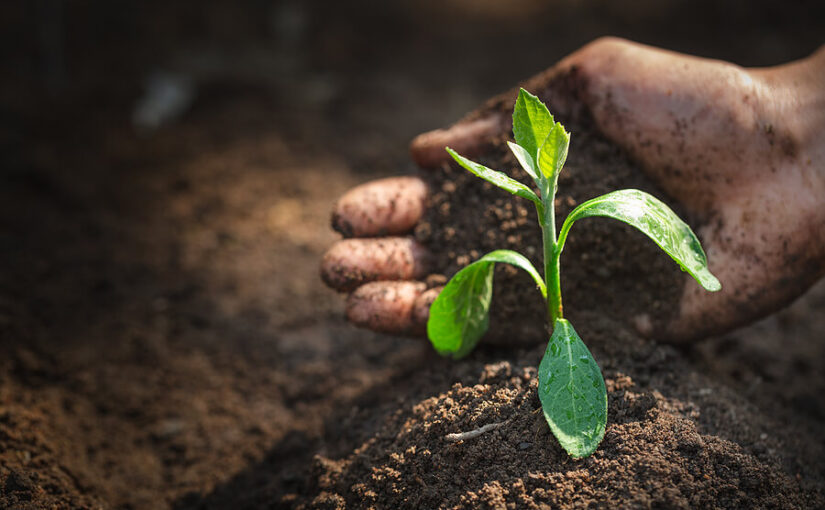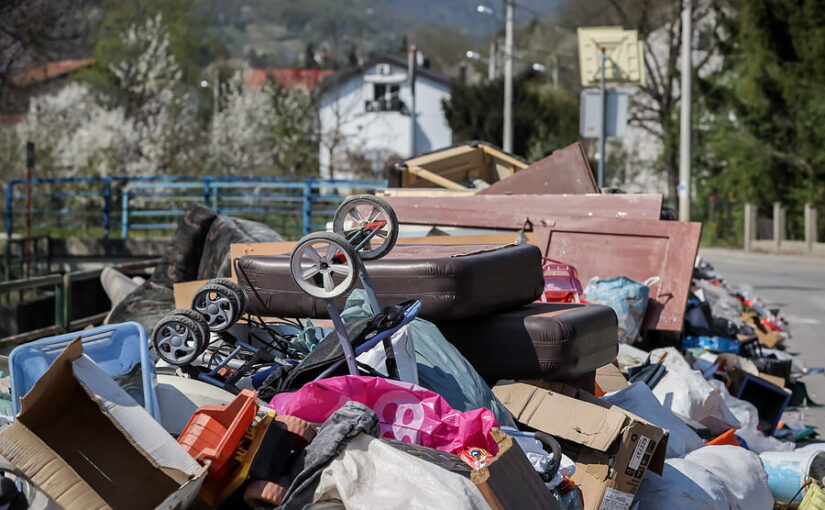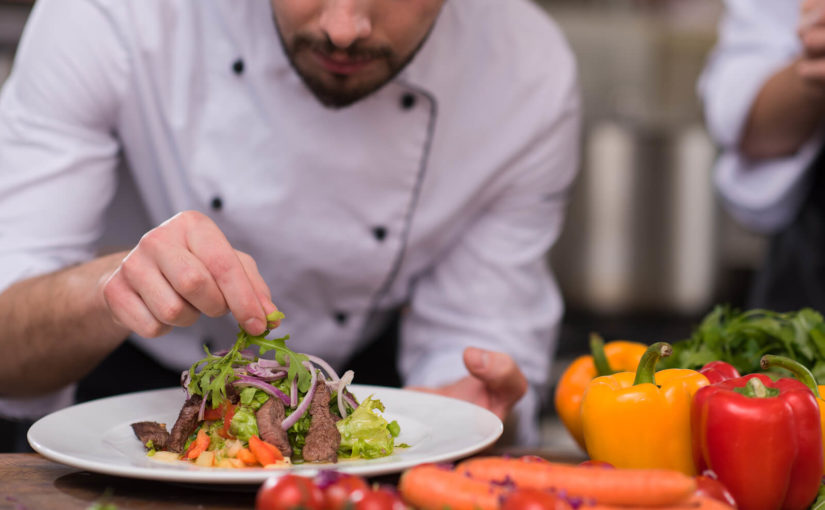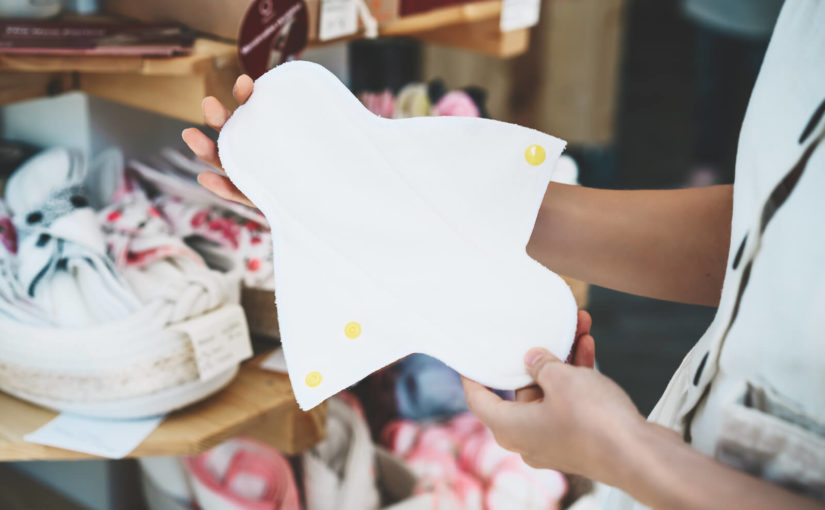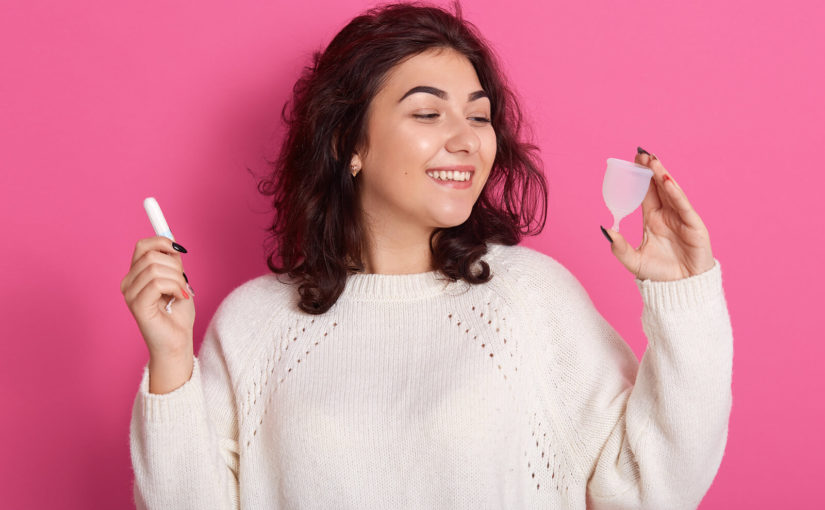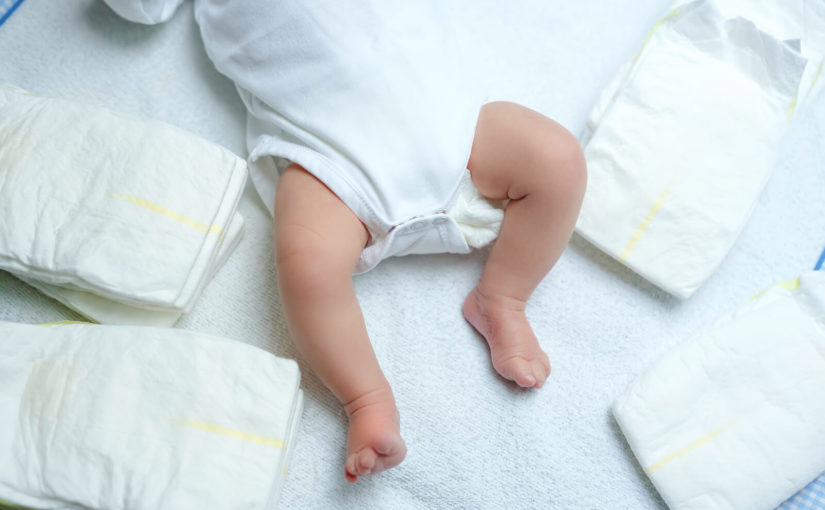Helium balloons are a lot of fun, whether they’re bobbing on the end of a piece of string tied to a child’s wrist, or turning people’s voices squeaky at a grown-up party.
But balloons can be harmful to the environment and helium is a very, very limited resource – and we can’t make more of it.
If you’re concerned about protecting the environment, helium balloons are a definite no-no. In this article we’ll take a look at why, and list some of the environmentally friendly alternatives to balloon release and helium balloon decorations for your next party.

